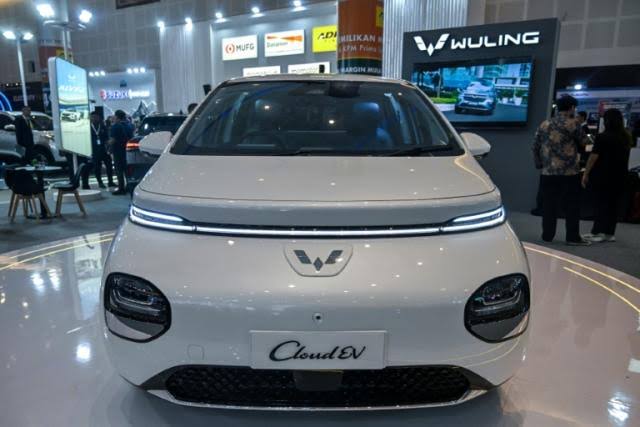Canada is going to put a 100% tariff on Chinese electric cars (EVs). This is a big move that shows how trade practices and competition in the global auto market are becoming more tense. This new tariff, which is a big increase in trade restrictions, was put in place because of worries about unfair competition from Chinese makers. The Canadian government says that the cheaper EVs coming from China have messed up the market, hurting Canadian makers, and stopped the growth of Canada’s own electric vehicle industry.
The decision to put such a high tariff on Chinese goods comes at a time when trade between the two countries is being closely watched, especially in areas that are seen as strategically important, such as electric cars. Other countries have also taken similar steps to protect their own businesses from what they see as unfair competition from other countries. This is what Canada is doing. The Canadian government has made it clear that it wants to protect the integrity of its home market and give all of its manufacturers a level playing field.
Electric cars have become a big deal in the world’s auto business. To fight climate change, many countries, including Canada, are pushing for a switch to greener technologies. But the fast growth of Chinese electric vehicle (EV) makers has made this shift more difficult. Because the Chinese government gives them a lot of money and their production costs are low, they can offer prices that are hard for Canadian and other foreign companies to beat. Because of the price difference, Chinese EVs have gained a lot of market share, which has made Canadian policymakers and industry players worry about the future of their own EV sector.
The Canadian government’s move to put a 100% tariff on electric vehicles is part of a larger plan to protect and grow the country’s own electric vehicle industry. By making Chinese electric vehicles (EVs) a lot more expensive, the government hopes to cut down on their market share and make things better for Canadian makers. This move should lead to more investment in making electric vehicles in Canada, which will help local jobs and encourage new ideas in the car industry there. In addition, the tariff is meant to show that the country is committed to fair trade and ready to fight what it sees as unfair pricing by foreign rivals.

The new import tariff on Chinese EVs highlights Canada’s commitment to supporting its domestic automotive industry amid global trade tensions.
We will keep a close eye on how this tariff affects the Canadian car market. As a result, Canadians will likely have to pay more for electric cars right away, since Chinese imports are now more expensive. This could make it take longer for people in Canada to buy electric vehicles, which could hurt the country’s climate goals and the move to cleaner transportation systems. On the other hand, the tax might help Canadian EV makers, giving them an edge in the market and possibly speeding up the growth of the industry in the country.
Putting a 100% tax on goods also affects trade between countries in a wider sense. It could make things worse between Canada and China, which could lead to Beijing taking action in response. These kinds of trade disputes can mess up global supply lines and make markets around the world less stable. The move could also have an effect on the trade policies of other countries, making the world’s trading situation less stable.

As Canada slaps a 100% tariff on Chinese electric vehicles, the move is expected to reshape the local EV market and impact international trade dynamics.
In conclusion, Canada’s move to put a 100% import tax on Chinese electric cars is a big step up in trade tensions and shows broader worries about unfair competition. The tariff is meant to protect and grow the domestic EV industry, but it is expected to have a lot of different impacts on the Canadian market and the way foreign trade works. This new development shows how hard it is to find a balance between fair competition and the needs of national economic and environmental goals as the auto industry continues to change around the world.